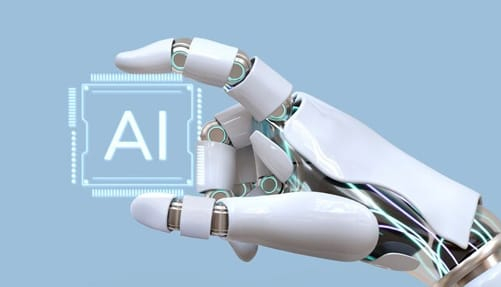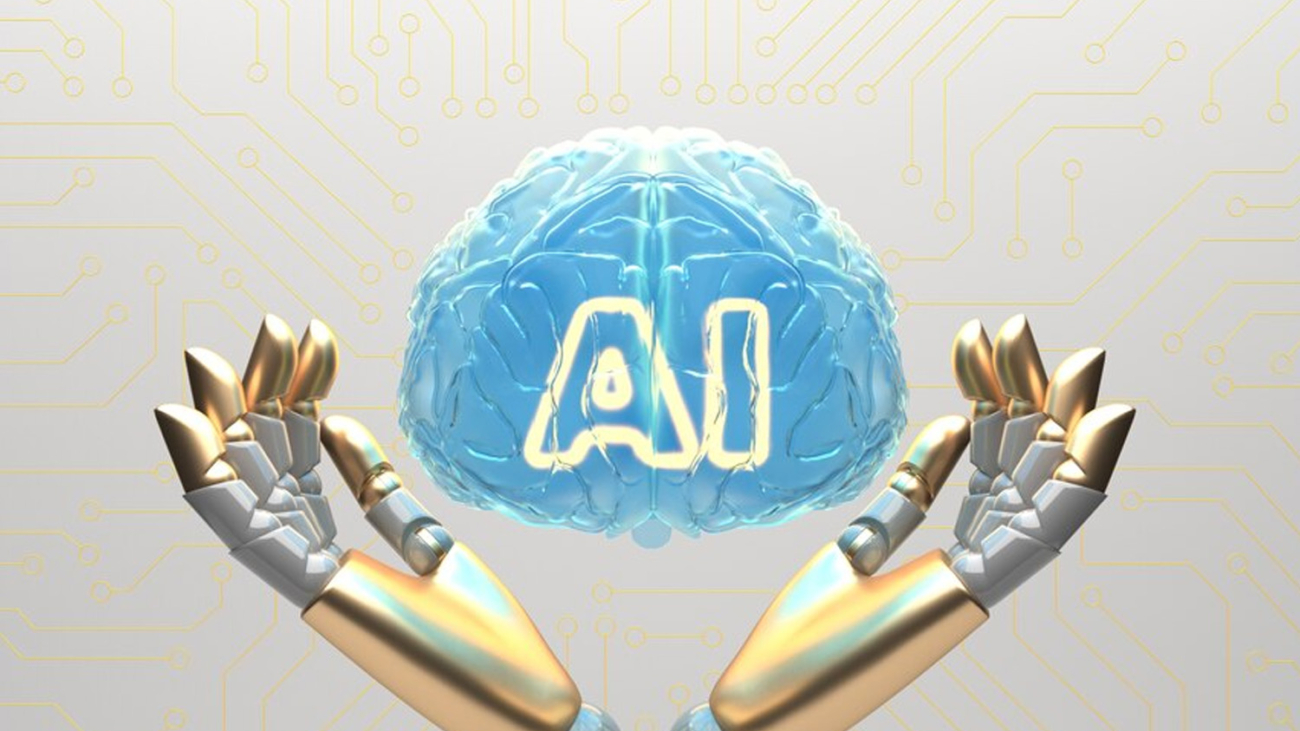Perhaps it would not be an exaggeration to state that currently, generative AI has become a quasi-mandatory asset in the technological field and has brought definite changes to industries and increased productivity at an impressive rate. Its adoption has only been trending for two years, and that means that there is a drastic change in how technological persons perform their tasks. But as generative AI becomes ubiquitous, the question arises: Do AI competencies still need to be placed on job descriptions?
Is Generative AI Becoming a Mainstream Skill in Tech?
Machine learning, one of the generative AI, was previously an emerging technology yet compulsory for technology workers. Searches for job postings that include generative AI have gone up by 3.5 times within the last year, thus pointing out its relevance within the existing workforce. However, as the technology is getting more popular, some people doubt whether one needs to mention AI skills as a requirement in the job listing at all.
The survey also revealed that the current generation of AI is most frequently referenced in positions related to data analysis, software engineering, and research. Notably, there are industries that would logically appear to be ripe for generative AI applications, including insurance, logistics, and the medical information industry, wherein generative AI is still lagging. On the other hand, there are areas such as architecture, arts and entertainment, and industrial engineering that are performing really well in the use of AI tools.
While there are these differences, it is quite clear that generative AI technology is being adopted in virtually every segment of the tech world, whether one is trying to appeal to a beginner or a professional. The cost savings it provides are so huge, the improvement in productivity it delivers is paramount, as typing is fast becoming a new basic skill.
How Is AI Transforming Software Development and Boosting Productivity?

Perhaps the most important net benefit of generative AI is the improvement of productivity and rate of software production. The author is broadcasting generative AI—a new movement in software production—as the best thing that’s happened to programmers since sliced bread, as it frees up time for actual thinking. These tools have become indispensable in all areas of software development, in programming, testing, debugging, and documentation.
This is because generative AI is designed to perform tasks efficiently and therefore saves time, reducing the amount of work that the developers have to do. ‘These tools to automate monotonous code generation processes are helping programmers get to more challenging territories of software engineering and problem-solving faster.’’
Have Early Challenges with AI Tools Been Overcome, and Is Productivity Rising?
As it has been seen, the use of generative AI in development processes is not without its problems. Some of the early issues that were raised included problems with moves made, leaks, and mistakes from the tools. But these challenges have been essentially unprecedented in the early stages of cancer research. “Let’s be direct: Many of the problems that arose with using AI tools have been resolved to their fundamental core in most cases. Indeed, there were good reasons for worries about early slips and spilling information into builds, but those days are over.”
Generative AI is becoming popular with developers; even seasoned developers are getting to use it. Thus, informing AI to autonomously execute particular operations according to a well-defined pattern, they are obtaining significant improvements to productivity. ‘The thinkers’ profound knowledge of software patterns enables them to efficiently manage the AI with remarkable flexibility as to the programming language.’ “Other developers confirmed that even when a developer decides to switch language, they gain competency in that new language almost immediately.”
Can Generative AI Serve as an Assistant to Less Experienced Developers?
Generative AI is not just for experienced developers. It is proving to be an invaluable tool for those with less experience as well. In fact, AI is helping early-career developers build confidence and capabilities by offering guidance on syntax, debugging, and code optimization. “In some ways, we might characterize these tools as mentors—offering syntax suggestions, debugging assistance, and code optimization tips. Developers with less experience, who might not yet be comfortable with coding conventions and complex algorithms, are coached by this form of guidance.”
“As part of this trend, we are witnessing developers shift from writing code to orchestrating AI agents.” This shift is happening at a time when the demand for developers is outpacing supply. “The projected shortage of half a million developers by 2030, coupled with the need for a billion new apps, makes the efficiency gained from generative AI tools urgent.”
Should We Be Cautious About the Risks of Over-Reliance on AI?
While generative AI offers massive benefits, experts advise caution. The primary advantage of AI is speed, but there’s a catch. “While AI can dramatically compress cycle time, it will also amplify any existing process constraints. Think of it like adding a supercharger to your car—if your chassis isn’t solid, you’re just going to get to the problem faster.”
Caution is also advised regarding the quality of AI-generated code. “While syntactically correct, AI tools have been seen to create code that’s logically flawed or inefficient, leading to potential code degradation over time if not reviewed carefully. We should also guard against software sprawl, where the ease of creating AI-generated code results in overly complex or unnecessary code that might make projects more difficult to maintain over time.”
How Does Technical Maturity Impact the Benefits of Generative AI?
The ability to leverage the full potential of generative AI depends heavily on an organization’s technical maturity. “Organizations using cloud-native patterns, automation, and everything-as-code approaches are seeing immediate gains. However, those still reliant on manual processes and extensive documentation may face challenges in reaping the benefits of AI. AI excels at working with structured inputs—code that compiles has inherent structure by design. When you’re doing contract-first development, for instance, AI can immediately understand and interact with endpoints because the patterns are clear and well-defined.”
Can Generative AI Boost Creativity and Drive Innovation?
Beyond productivity, generative AI is helping to increase a company’s creativity quotient. “When I’ve seen generative AI tools used effectively in software teams, I’ve noticed that in addition to providing productivity gains, the tools give developers time back that can be used for creative problem-solving and experimentation.”
As generative AI continues to evolve, its role in software development will only become more pronounced. The technology is already improving productivity and fostering innovation, and it is likely that in the near future, proficiency with generative AI will be as essential as traditional programming skills.

